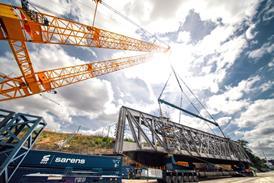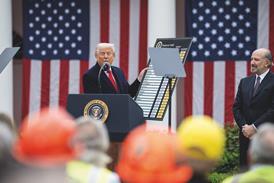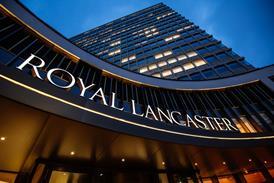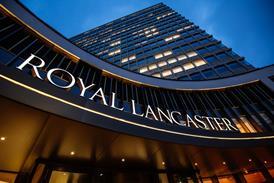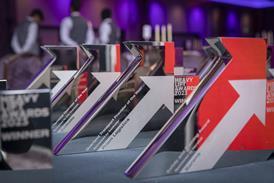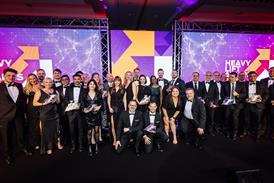The Municipality of Rotterdam and the Port of Rotterdam Authority have been trialling shore-power systems that aim to reduce air and noise pollution.

Since December 13, small seagoing vessels berthing at Parkkade in the centre of Rotterdam have been supplied with electricity from shore-based sources, rather than using their own diesel generators for their onboard power needs.
Using mobile rather than fixed power connections, the Parkkade trial enables the provision of power wherever it is needed.
The EUR500,000 (USD556,800) programme is funded largely by the government’s Dutch National Collaboration Programme on Air Quality. It will test various power sources – hydrogen, battery, bio-LNG, LNG and hybrid solutions – over a period of five months, examining their technical and commercial feasibility, user-friendliness and environmental impact in comparison to ships using their own generators.
A second trial, for larger vessels, is planned to start in 2020.
Allard Castelein, ceo of the Port of Rotterdam Authority, said: “We’re continuing to go that step further with shore-based power. This has been compulsory for inland shipping for some ten years. Stena Line in Hoek van Holland has it and we’re going to install this for Heerema at Rozenburg.
“In the coming decades many more vessels will need to use shore power. But the larger the vessel, the more complicated and expensive this is. So it takes time,” he pointed out.

